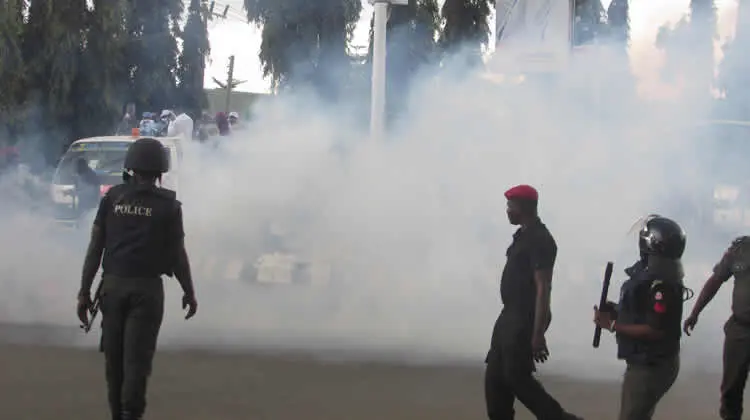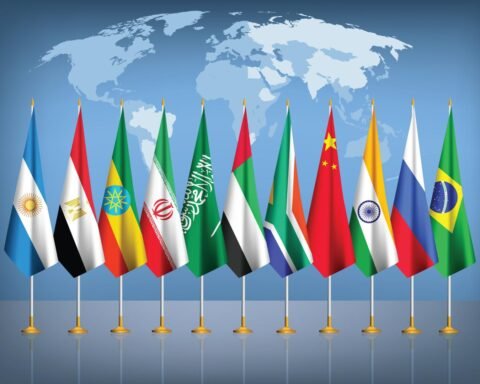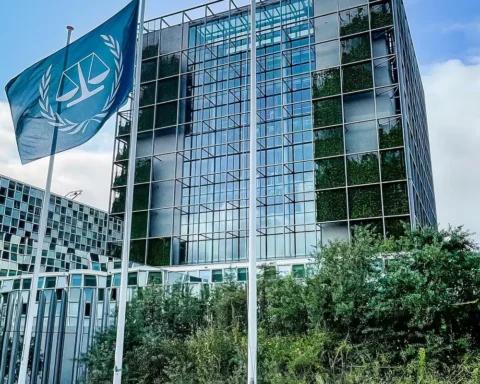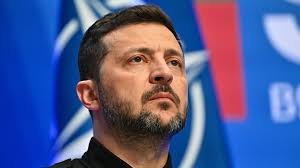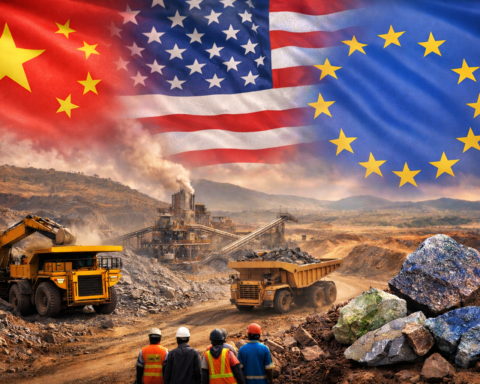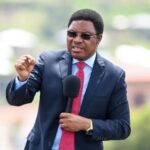Security forces in Nigeria clashed with demonstrators in the capital, Abuja, on Monday, as police fired tear gas to disperse crowds demanding the release of detained separatist leader Nnamdi Kanu.
The protest, organized under the banner #ReleaseNnamdiKanuNow, had been planned to start near the Transcorp Hilton hotel before spreading to other major areas of the city. However, the peaceful rally quickly turned chaotic when security officers began firing tear gas and using water cannons to scatter the gathering.
Witnesses described scenes of confusion as protesters and bystanders ran for safety. “It all happened so fast,” said one witness who asked not to be named. “The police started shooting tear gas even before the main group arrived. People were choking and running in all directions.”
Despite assurances from authorities earlier in the week that the march would be allowed to proceed peacefully, law enforcement officials swiftly intervened once the demonstration began. Several roads leading to key government buildings and hotels were sealed off, and heavily armed officers from the police, army, and Department of State Services (DSS) were deployed across the city.
The crackdown comes amid growing frustration among supporters of Kanu, who leads the Indigenous People of Biafra (IPOB)—a separatist group calling for independence in Nigeria’s southeast. Kanu has been in detention since 2021 on charges including treason and terrorism, accusations his followers claim are politically motivated.
Human rights advocates have criticized the police response, arguing that it violates citizens’ constitutional right to peaceful assembly. “What we saw today is another example of the shrinking civic space in Nigeria,” said one Abuja-based rights lawyer. “When people can’t protest peacefully, the government loses moral credibility.”
Also Read; Global Central Banks Turn to Gold as Confidence in Dollar Wavers
The Nigeria Police Force later issued a statement defending its actions, claiming that officers only acted to prevent a potential breakdown of law and order. Authorities have not confirmed whether any arrests were made, though witnesses reported several protesters being detained.
As dusk fell over Abuja, the atmosphere remained tense but calm. Protesters vowed to continue pushing for Kanu’s release through “peaceful and lawful means,” while observers warned that repeated crackdowns could fuel further unrest in a country already grappling with economic hardship and regional divisions.
This latest episode has reignited debate over Nigeria’s democratic values—particularly the balance between maintaining security and upholding the rights of its citizens to express dissent.

